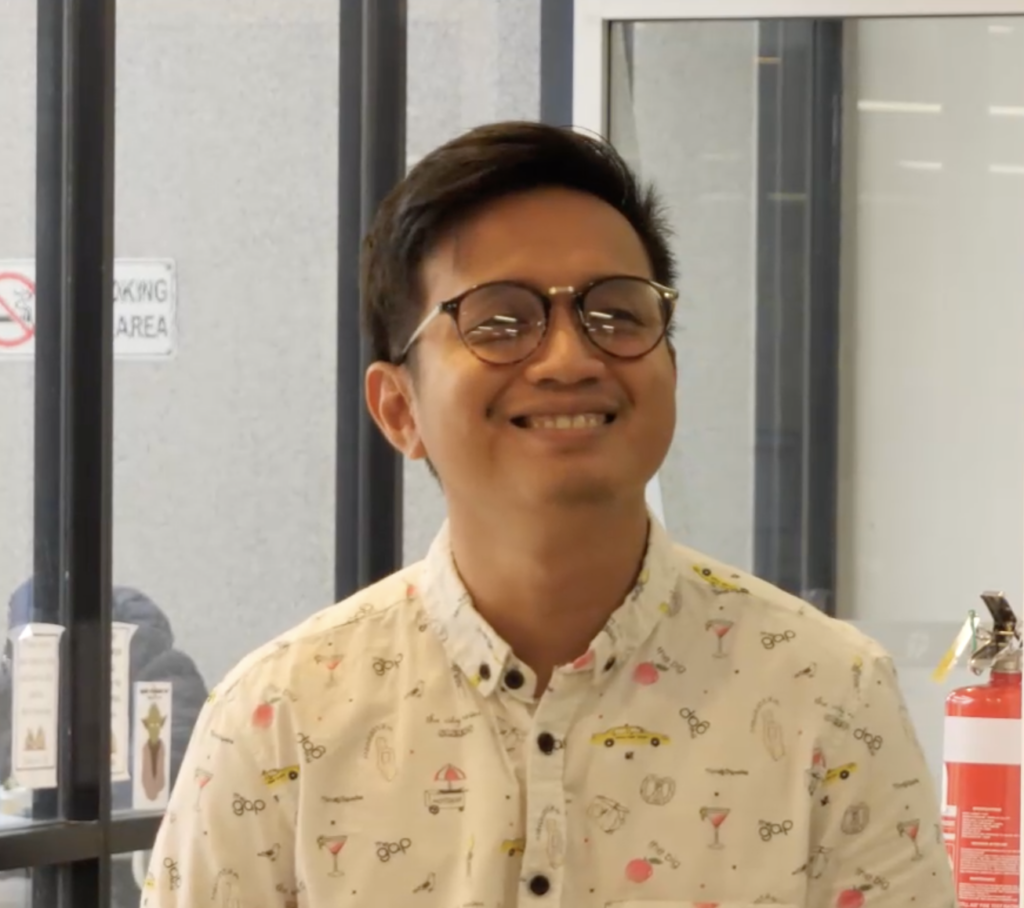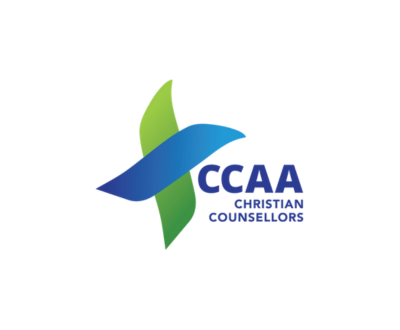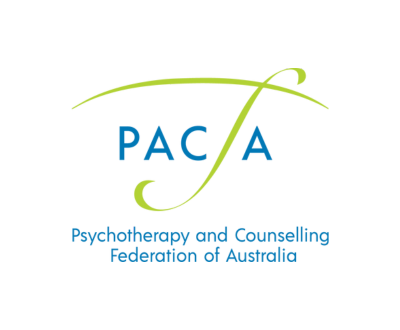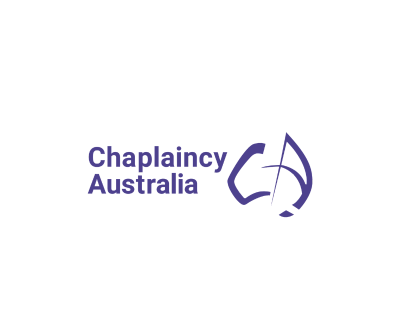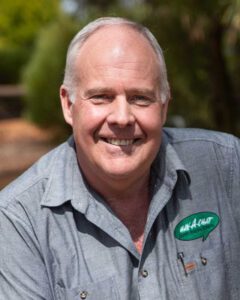This is a core subject that introduces students to the fields of psychology, social science and the importance of emotions in human identity. It forms the basis for other more advanced psychology subjects. This subject will allow students to develop a better understanding and management of their emotions. This knowledge is then applied to a professional context, enhancing students' abilities to identify and work appropriately with the emotions of clients in an empathetic and professional manner.
Dive into a comprehensive overview of human services and its theoretical frameworks. This subject prepares students for diverse roles within case management, counselling, and support services, focusing on effective service delivery and client care. Students will learn the fundamentals of the case management process, explore various professional roles, and apply reflective practices to improve their proficiency and understanding of good practice.
Enhance your ability to communicate effectively in professional people-helping settings. This subject will equip you with learning foundational interpersonal communication skills. Through practical exercises, you will develop your counselling micro-skills including conflict management responses, within a culturally sensitive framework. This unit is designed to meet PACFA and ACA training requirements.
This subject explores the developmental journey and processes that an individual goes through over a lifespan, from conception to death. It introduces various theories and milestones associated with each life stage and includes multicultural and critical perspectives on development. It will enable students to help individuals understand normal developmental processes, whether in health, education, minstry or people helping fields.
No subjects found in this category.
No subjects found in this category.
No subjects found in this category.
No subjects found in this category.
No subjects found in this category.
No subjects found in this category.
No subjects found in this category.


